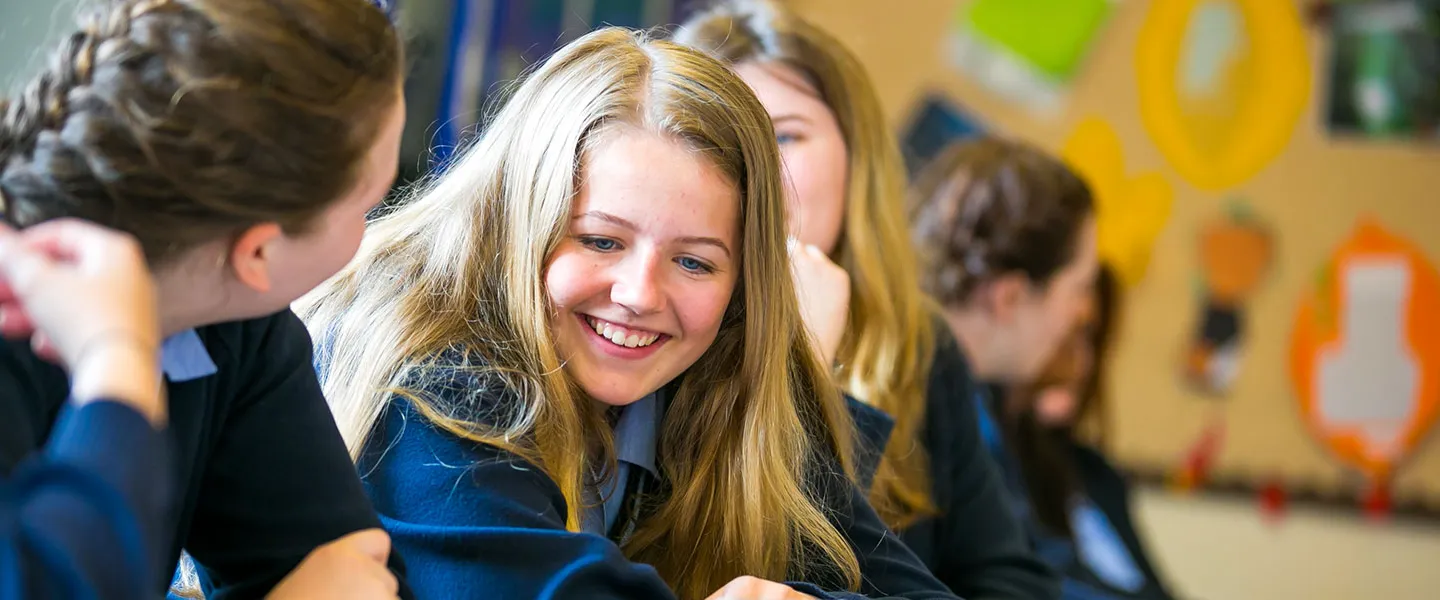So learning takes place most rapidly in one’s formative years when neurone pathways are developing and myelination (a fatty structure that insulates the nerves) is incomplete. This is why the under 8’s are sponges and why we have committed to ensuring that all our year groups have had a focus of learning over the last week.
I have one caveat to my first sentence as I know my learning curve has been the steepest that I can recollect – proof that you can teach an old dog new tricks! I have surprised myself with some enjoyment of a limited foray into the world of social media and I now understand the observations over the years of my own children’s ability to be engrossed in their phones and tablets whilst apparently watching TV. Luckily, I haven’t had the time to fall into the trap of addiction to social media as the last two weeks have been the most challenging of my life – far more so than the heady days of running a boarding house 24-7 whilst teaching and looking after a toddler and 3 year old. Until recently, I looked back on those days and wondered how I had managed those times. I know that all of us involved in education will do the same when, in a few years, we look back on this time and consider ‘how did we manage with such calm fortitude?’
Actually the answer is two-fold. We are managing, all of us, in these extreme times, because the community is pulling together and we are managing because, in times of stress, our bodies and minds can do amazing feats. I focused on hormones last week in my assemblies, a follow on from the science of happiness the previous week. Our ability to cope in times of stress is reliant on hormones too. Cortisol, is designed in evolutionary terms, as a life-saver. When we needed to escape from Mammoths or Sabre-toothed tigers, the sixth sense of fear of what might be around the next boulder, led humans to release cortisol which meant we were already on a heightened state of alert. The fear of what might be ahead which is pervading much of what we are exposed to in the news, creates that same injection of cortisol. The difference though, is that the readiness for action to fight off the Sabre-tooth tiger is a short-lived need. Cortisol is useful in occasional small doses, it is damaging over longer periods and we must all take notice and look for ways of reducing stress in ourselves and those around us.
I hesitate to suggest that we might be settling into a new routine of remote learning as I am sure that we have much change yet ahead. Consequently, having time to rest, take stock with a dose of perspective and spend a little time considering that there will be things we can look forward to in the distance is important. Interestingly, and thanks to our country’s excellent food retail and distribution system, in stark contrast to the last few weeks, shopping for supplies is a much more pleasant and less fraught experience. Signs that the community at large is understanding that considerate behaviour is beneficial for all. The best of human nature comes to the fore at times of crisis and we are seeing that with volunteers helping others and a wave of generosity of spirit. The greatest learning for me in all this – I would not want to have spent the last few weeks anywhere else – Queen’s – you are amazing!
